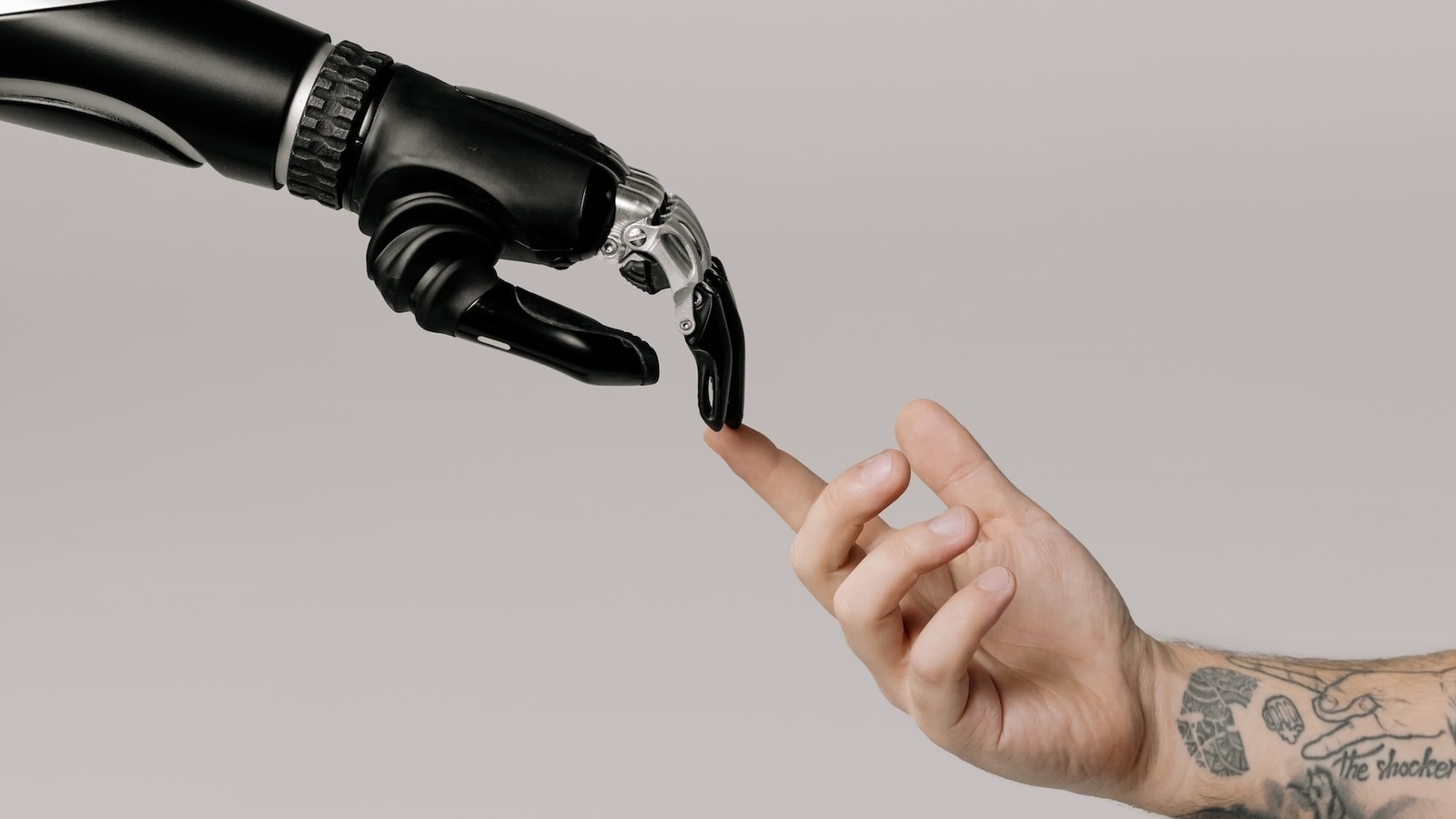“Voice Actors Face Threat from AI: Will They Be Replaced by Digital Twins?”
Renowned voice actor Cissy Jones, known for her work in popular video games like Starfield and Baldur’s Gate III, has raised concerns about her future job security. As technology advances, she fears that her vocal performances could be outsourced to an artificial intelligence-powered “digital twin.” Jones is the co-founder of Morpheme, a startup that aims to use AI to reshape vocal performances in various forms of media.
Morpheme’s AI software records audio from actors and creates a voice model that can be used to alter and enhance future productions. This technology has caught the attention of major gaming companies, who see the potential to eliminate certain job categories, such as quality-assurance testers. However, this innovation also worries labor unions, as they fear that AI could reproduce voice actors’ voices without permission or payment.
Investment in voice-related AI startups reached $378.6 million in 2022, indicating a growing interest in this field. Morpheme is joining a crowded market of AI voice-related companies that aim to clone voices and generate audio from text. While the potential is significant, it also comes with labor concerns and potential conflicts with entertainment giants.
The release of Morpheme’s AI software could revolutionize the voice acting industry. It offers features like a library of exertion sounds and the ability to render voices in different languages, making translations cheaper and faster. Morpheme has been in regular conversation with industry professionals, including voice actors, agents, and entertainment companies, in hopes of finding a middle ground that satisfies everyone’s interests.
To address concerns from voice actors, Morpheme has developed a fair pay model. Actors have control over how their AI-generated voice is used and receive compensation through licensing fees for its continued use. This opens up the possibility of additional payments for voice actors, even when they aren’t available for new projects. However, unauthorized use of AI technology is already a growing issue, as fans on platforms like TikTok remix voice actors’ content without their consent.
It remains to be seen how the entertainment industry will navigate these challenges. Will voice actors embrace the technology and find new opportunities, or will AI ultimately replace them? The National Association of Voice Actors (NAVA) is campaigning for “consent, compensation, and control” around the use of AI. It’s a contentious issue with no easy answers, but one thing is clear – the landscape of voice acting is changing, and the future is uncertain.
What are your thoughts on the rise of AI in the voice acting industry? Do you think voice actors should embrace this technology or fight against it? Let us know in the comments!
IntelliPrompt curated this article: Read the full story at the original source by clicking here a fun game: sprunki horror

